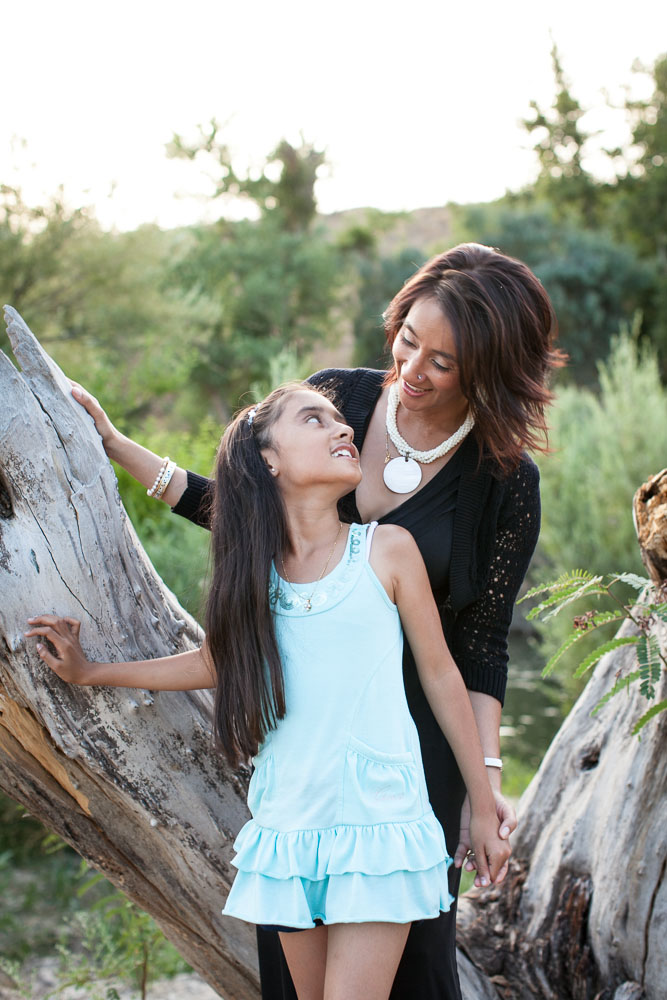 Roksana Badruddoja Ph.D. is deconstructing the traditional ideology of what it means to be a mother and opening up the term to include all caregivers — women and men alike.
Roksana Badruddoja Ph.D. is deconstructing the traditional ideology of what it means to be a mother and opening up the term to include all caregivers — women and men alike.
The Manhattan College professor of sociology is an emerging scholar of mother studies. She hopes to highlight all labors of love performed not only by women, but also by fathers. The way a grown child might nurture his or her aging parent is also similar to what has been associated with mothering, she said in March as keynote speaker of the 17th annual Women’s History Conference at Sarah Lawrence College. She shared similar views in April at Manhattan College, when the Museum of Motherhood (MOM) hosted its 2015 conference just a few weeks before Mother’s Day.
“I’m trying to put in place an understanding of what a mother can look like, and that there are different forms of mothering,” says Badruddoja, who is on the Academic Advisory Board of MOM, an exhibition and classroom space in New York City that is devoted to educating people about the role of motherhood and its place in history.
“The research we are doing as mother studies scholars is a step forward in making mothering important by exploring the lived, everyday experience of mother work,” she adds.
In fall 2014, MOM moved temporarily to the O’Malley Library at Manhattan College, where its organizers and Badruddoja collaborated on a pop-up display, The Sociology of Motherhood. As a means of calling attention to what they believe to be a misunderstood concept, mannequins were shown wearing black T-shirts printed with messages including “Moms Rock” beside a vertical poster that asked onlookers, “Why is the Most Visible Act the Most Invisible Act?”
Badruddoja raises these and other questions with her sociology students at the College. She is currently developing an introductory women’s studies course for 2016 and envisions an eventual concentration in mother studies that would ideally attract all genders
“I hope to get men involved as well, she says. “It’s important that people destabilize their understanding of sexuality, gender, class and race, and think beyond the categories we have created for them.”